As loyalty is a leading-indicator of sales and profitability, Red Bull and Monster ended up generating the most sales (35% and 26% respectively) in the category – but that might not be the biggest news …
A lot of people drink coffee. Whether you call it “Java” or “jitter juice,” a “cup of Joe” or ”ink,” lots of people drink coffee. it’s a beverage that gives you an energy jolt. For centuries it’s been associated with royalty, sophisticates, intellectuals, and your average Joe. It’s one of the things America runs on. Seventy percent of Americans drink coffee every day. That makes us 25th in per capita coffee consumption in the world. Can you guess who’s #1?
If you said “Brazil,” which is the largest coffee producer in the world, you’d be wrong! It turns out, it’s Finland. Yes, yes, it’s Finland. The biggest global coffee consumer per capita. The average Finn drinks five cups a day. The U.S. average is about half that – 2.7 cups – but still, a lot of coffee. About 166 million Americans drink half a billion cups of coffee per day. So like I said, a lot of coffee.
Caffeine content is the most obvious reason people drink so much coffee so often. And the one explanation most people think of first. And it pretty much is. The top reason, I mean.
People don’t have a problem with caffeine. They have a problem without caffeine. Caffeine acts as a central nervous system stimulant. When it reaches your brain, the most noticeable effect is alertness. You feel more awake and less tired. So an infusion of caffeine in the morning works for a lot of people.
But there are other reasons why people drink coffee. There’s the brewing ritual. And the sensory experience. And the venti half double decaffeinated half-caf mocha caramel latte variations you love so much that made Howard Schultz a gabillionaire. And, while we do measure out-of-home coffee providers and packaged coffees in our Customer Loyalty Engagement Index, this isn’t about coffee. It’s about caffeine. Or one of the other readily available caffeine-delivery systems.
Eighty-nine percent (89%) of people in the U.S. drink some sort of caffeinated beverage every day, 365 days a year. Caffeine intake is driven by coffee and tea, sure, but also by carbonated soft drinks (all flavors, diet and regular). We track those. Then there’s energy drinks. We track those too, and that’s what I want to talk to you about. Energy drinks.
A lot of people drink energy drinks. About a third of people, 18 to 29, consume energy drinks regularly. About 40% of 30 to 49 year-olds consume energy drinks. Older consumers (50 to 64) not so much. They only account for only 10% of the energy drink market. But energy drinks account for nearly a third of the packaged beverage sales in U.S. convenience stores, so a lot. It’s estimated by 2026 the global energy drink market will reach $87 billion. North America has the biggest share, with an expected compound annual growth rate of 7% in the same period. So a lot of caffeine.
Anyway, in 2021 the top-5 energy drinks, ranked according to customer loyalty, were:
- Red Bull
- Monster
- Living Essentials 5-Hour Energy
- Rockstar
- Full Throttle
With names like that it should come as no surprise 30% of teens drink them regularly too. But I digress.
As loyalty is a leading-indicator of sales and profitability, Red Bull and Monster ended up generating the most sales (35% and 26% respectively) in the category. Yes, we had the list, and because loyalty-rankings correlate very highly with consumer behavior, that didn’t surprise us! Oh, and the primary reason people give for buying energy drinks is the obvious one. They offer a jolt, an instant energy boost (see paragraph 3).
Coca-Cola started selling “Coca-Cola Energy” last year. They saw a growing segment and wanted a piece of it. The drink has more than three times the caffeine of a regular Coke and contains the supplement, guarana. I’m not exactly sure what that is, but apparently it contains lots of caffeine. So, a real caffeine jolt. Monster went to court to prevent Coke from selling an energy version in the U.S., citing a 2015 noncompete agreement when Coke bought a 16% stake in Monster and agreed to distribute its energy drinks in North America. They went into arbitration and Coke won the right to introduce Coca-Cola Energy in the U.S. and Canada, which they did.
So, yeah, yeah, blah, blah, blah, what’s the big deal? Notice anything missing from our top-5 list? Coca-Cola Energy isn’t there. It wouldn’t have mattered if we listed the top-10. Coca-Cola Energy didn’t show up. Surprised? It’s Coke, after all. No, sales were so dismal that Coca-Cola Energy ended up with only 0.7% of U.S. energy-drink sales. So the big deal is Coca-Cola got run out of the category and are discontinuing the energy drink this year.
And the bigger deal? Well, here’s where consumer loyalty kicked in, or more accurately kicked Coca-Cola Energy out. With more consumers working from home, convenience store sales fell. At supermarkets and grocery stores consumers stocked up on products to which they were loyal. And sure, every sentient being in the universe is aware of Coca-Cola. But in tough times – and I’m not so sure there have been tougher times than the recent pandemic – customers are six time more likely to stick with products they’ve been loyal to in the past and snubbed the new entry. Such is the power of loyalty even if your name is “Coca-Cola.”
By the way, Red Bull and Monster continued to sell well. Because predictive consumer behavior is never wrong. Just saying. You know what else we say? “You can’t buy happiness but you can always buy a caffeinated beverage.” And for a lot of people that’s close enough.
 Robert Passikoff is founder and CEO of Brand Keys. He has received several awards for market research innovation including the prestigious Gold Ogilvy Award and is the author of 3 marketing and branding books including the best-seller, Predicting Market Success. Robert is also a frequent contributor to TheCustomer.
Robert Passikoff is founder and CEO of Brand Keys. He has received several awards for market research innovation including the prestigious Gold Ogilvy Award and is the author of 3 marketing and branding books including the best-seller, Predicting Market Success. Robert is also a frequent contributor to TheCustomer.
Photo by Alexander Sinn on Unsplash.


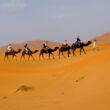
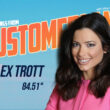
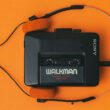
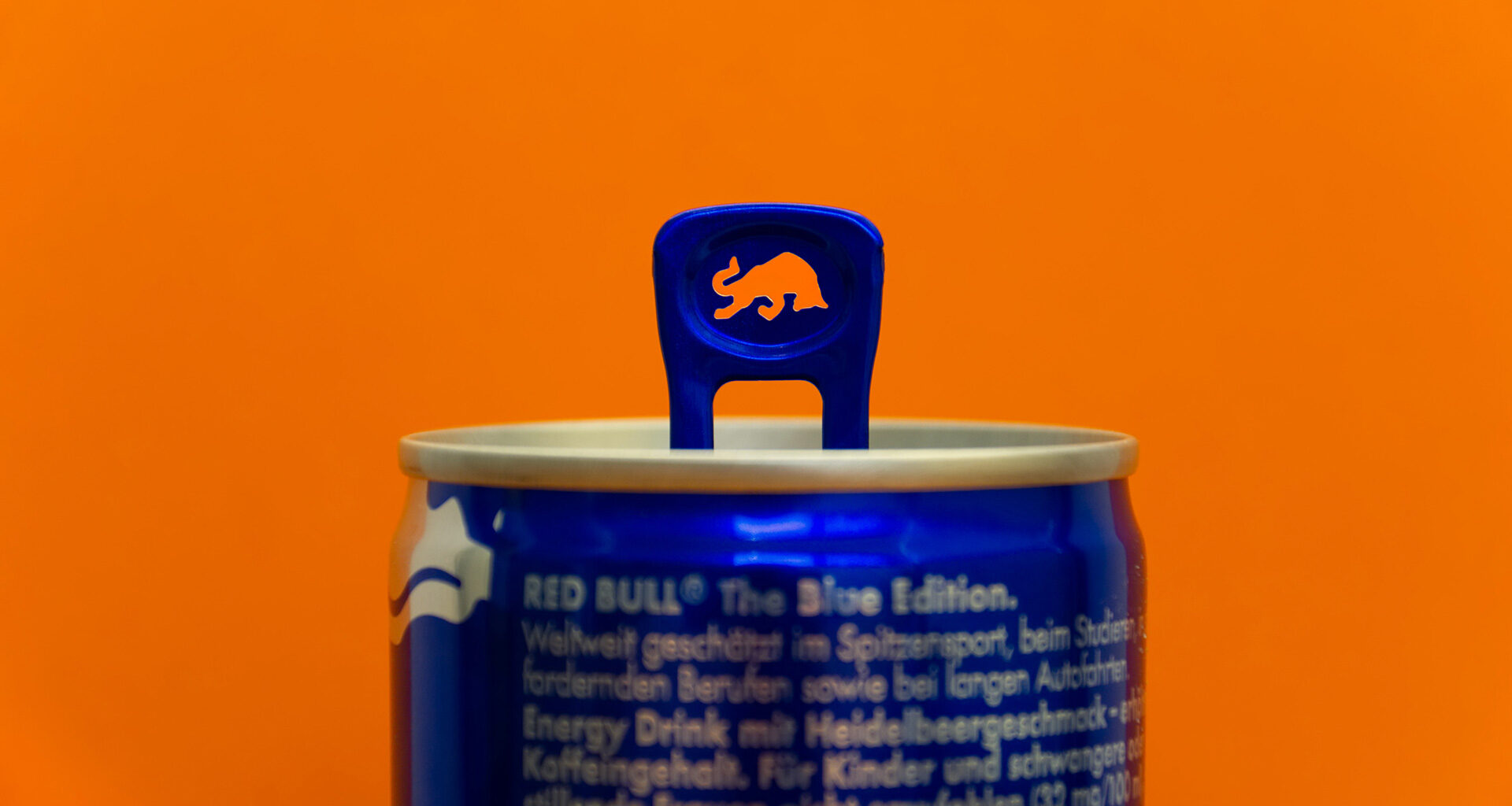

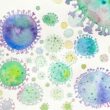


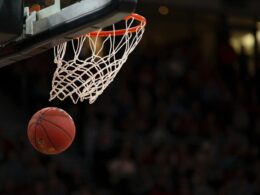
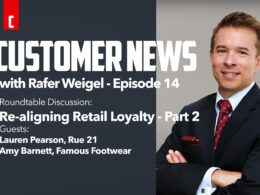


2 comments